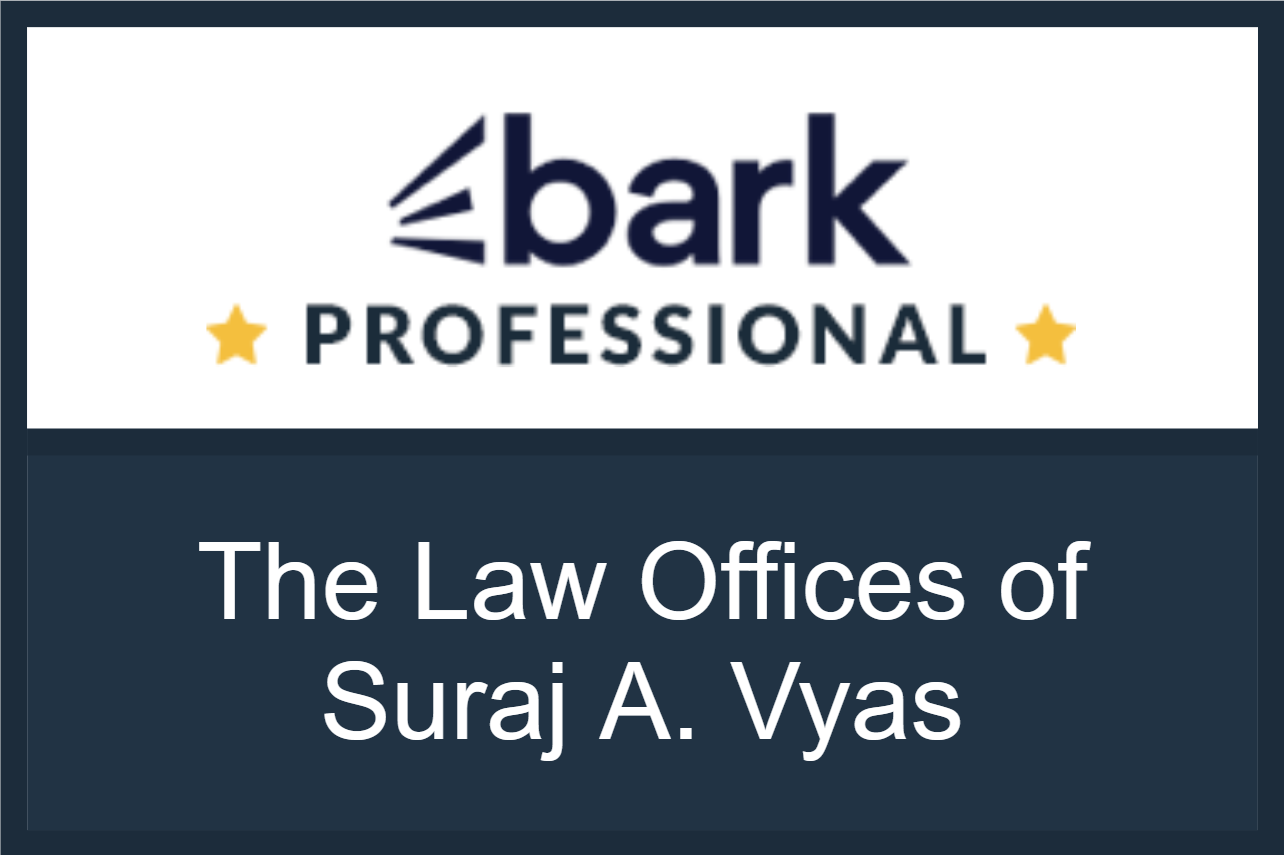UPDATE 12/22/2020:
Check in with your insurance policy. You may want to consider offering PTO after employees take the vaccine as many report are showing people may want to take a day or two of recovery after getting vaccinated. Remember, document everything and make sure all communications to employees are crystal clear. This means you’ll want to make sure you train any supervisors on exactly how to answer any questions that may come up during the vaccination process.
ORIGINAL POST (9/17/2020):
By Suraj A. Vyas | 15 min read
With news of a vaccine on the horizon, many workplaces are wondering whether they can make their employees get vaccinated. Of course, vaccines are fantastic so it makes sense that employers want to require employees to be vaccinated against COVID-19. We put together a quick post explaining how requiring employees to get vaccinated may not be as easy as you think.
A quick medical note: The virus people are being exposed to is SARS-CoV-2. The disease caused by SARS-CoV-2 is called COVID-19. I’m going to use COVID-19 throughout this blog post just because that’s what most people know it as and this is meant to be an easy-to-digest legal blog post for the masses more than a medically-sound post. For the most up to date information, visit the CDC and WHO websites. Back to the blog post:
In most situations, you can absolutely require employees to be vaccinated. This holds especially true in certain industries (like the healthcare industry). Keep in mind that this may be more difficult to negotiate if your employees are part of a union. However, it’s important to note that with COVID-19 nothing is a guarantee. It’s obvious COVID-19 is a serious threat, but the EEOC has not yet issued any guidance whether they would support a mandatory COVID-19 vaccination requirement (the EEOC typically does NOT support mandatory vaccinations). Meanwhile, OSHA seems to be encouraging inspectors to get vaccinated ASAP and the CDC has posted some guidance that you can read here. With the abundance of imbeciles choosing not to wear a mask, it’s likely that you’ll run into people who refuse vaccination (even if it is proven safe on a wide scale).
Outside of these agencies, there are two pieces of the law that you want to make sure you’re paying attention to before pushing hard on the vaccine:
Title VII of the Civil Rights Act of 1964
Americans with Disabilities Act
You can check out our Disability Law FAQ for some basic information on COVID-19 and the ADA, but for now, let’s tackle these pieces of the law one at a time.
Title VII of the Civil Rights Act of 1964
A portion of Title VII covers religious accommodations. What this means for your business is that someone with a “sincerely held religious belief” may be able to skirt your mandatory requirement to take the vaccine. Of course, you’re wondering what exactly qualifies as a “sincerely held religious belief” to make sure your company is abiding by the law while also making sure employees are being vaccinated. Unfortunately, it’s not so clear-cut and tends to be pretty fact specific. Your business may be able to fall back on “undue hardship” as a defense against needing to provide a reasonable accommodation, but it would also depend on the facts. As an example, veganism isn’t a religion per se, but morals and ethics of a person when held with “the strength of religious views” could qualify as a “sincerely held religious belief.” This doesn’t mean vegans are automatically exempt from the vaccine or anything like that, but it serves as an important example as to how careful a company should be before mandating that all employees must be vaccinated.
Americans with Disabilities Act
The ADA requires that in order for the employee to get accommodated with regards to the vaccine, the employee would need to establish a covered disability. Most of the time, you would look to allergies the employee may have to a chemical or substance in the vaccine. However, many times, alternative vaccines can be made without that particular chemical or substance in it. This will generally resolve the problem.
Since we still don’t have a vaccine, it’s hard to tell what sort of guidance the US agencies will issue to employers. With this being an election year as well, it’s even more difficult to know how agencies will look by the time a vaccine is available. Of course, as an alternative to the vaccine, you can always have employees stick to tele-work or face-coverings (as applicable). Hopefully, we’re all out of this sooner rather than later!
Learn more about this topic and get in touch with The Law Offices of Suraj A. Vyas through social media @SAVLawFirm














